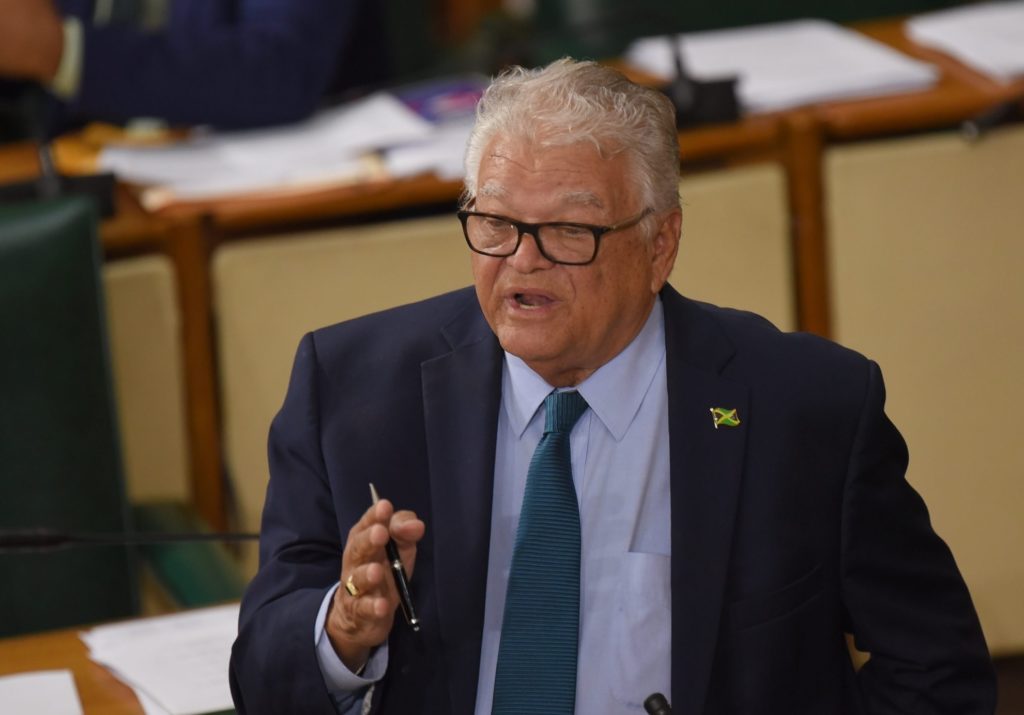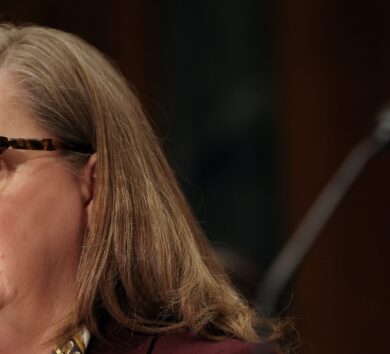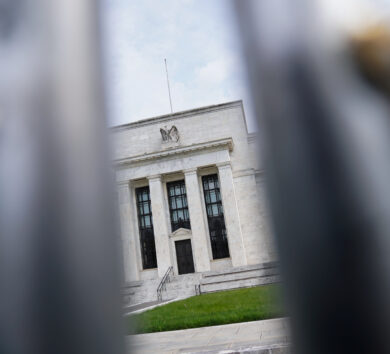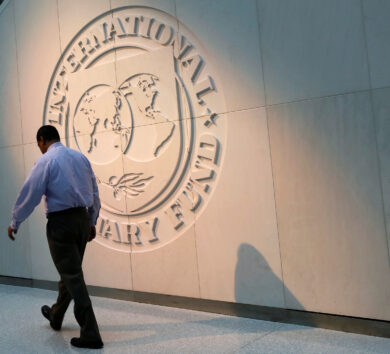

Jamaica’s Parliament has paved the way for the recently announced increase in the national minimum wage and the minimum wage for industrial security guards to be effected, having passed two orders to make this possible.
The two orders, the National Minimum Wage (Amendment) Order, 2022 and the Minimum Wage Industrial Security Guards (Amendment) Order, 2022, were piloted through the House of Representatives by Labour and Social Security Minister Karl Samuda were passed on Tuesday (March 22).
The proposed increases are to become effective April 1. As such, the national minimum wage will be increased from J$7,000 to J$9,000 per 40-hour work week or from J$175 to J$225 per hour.
Increases for security guards
The minimum wage for industrial security guards will move from J$9,700 to J$10,500 per 40-hour work week or from J$242.50 to J$262.50 per hour. Security guards will also benefit from increases in laundry allowance, which will move from J$44 to J$47.62 per hour, and firearm premium allowance, which will go up from J$48 to J$51.95 per hour.
The dog handlers’ premium allowance will be increased from J$33 to J$35.72 per hour, while life insurance with double indemnity protection and dismemberment coverage will also increase from J$2.75 million to J$2.97 million.
The new rates resulted from recommendations from the National Minimum Wage Commission, which were submitted to the Labour and Social Security Ministry following public consultations. In piloting the bill, Samuda told parliamentarians that several factors were taken into consideration in arriving at the revised rates.

These include the current state of the Jamaican economy in light of the impact of the COVID-19 pandemic, employers’ ability to pay, the continuing increase in the prices of food and fuel, the costs of utilities and transportation, the rate of inflation, and the progress of the Government’s economic recovery programme.
Minimum wage history
He reminded the Parliament that the impetus behind the introduction of the Minimum Wage Act in 1938 was the recognition of the need to protect certain categories of workers who did not possess the bargaining power to negotiate fair wages without the intervention of the Legislature.
“The Act provides the legal framework for the institution of a minimum level of compensation, which ensures that these workers are never placed in a position where their earnings are lower than an established standard,” Samuda said.
“Employers are encouraged, where possible, to pay their employees in accordance with their ability to pay, provided that the wages paid do not fall below the established standard.”
Karl Samuda, minister of labour and social security
Noting that the legislation does not preclude employers from paying wages in excess of the minimum basic, the labour and social security minister asserted that “employers are encouraged, where possible, to pay their employees in accordance with their ability to pay, provided that the wages paid do not fall below the established standard”.
He argued that the country should all work towards the day when there will be no need to establish Minimum Wage Orders to fix wages, because all workers in Jamaica will have the bargaining power to negotiate their own wages.







Comments